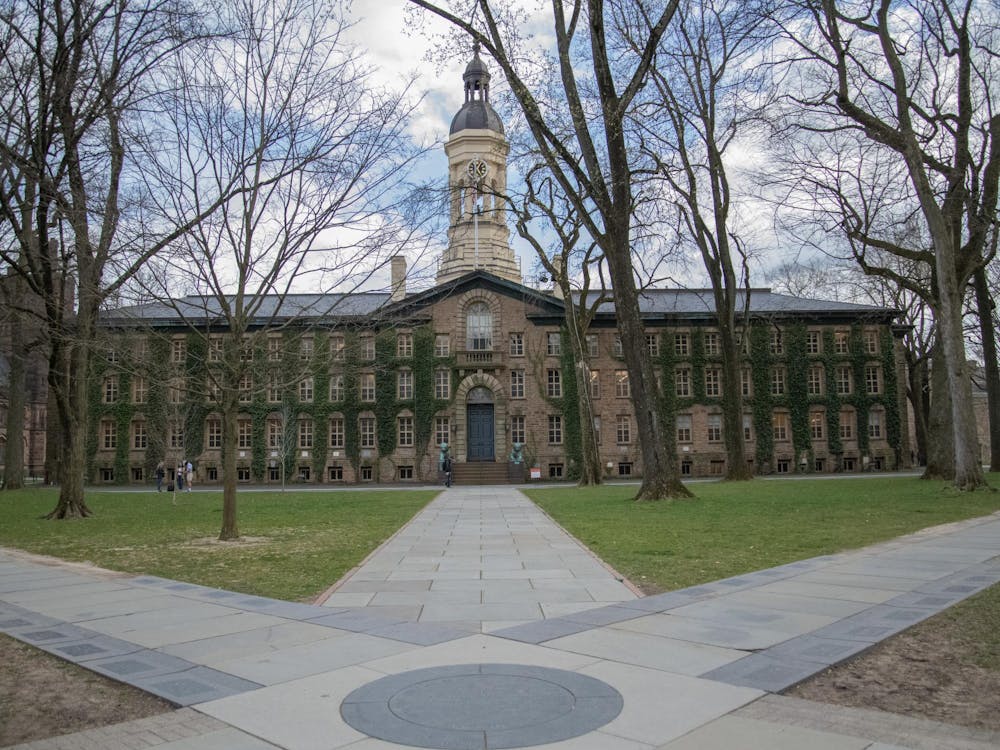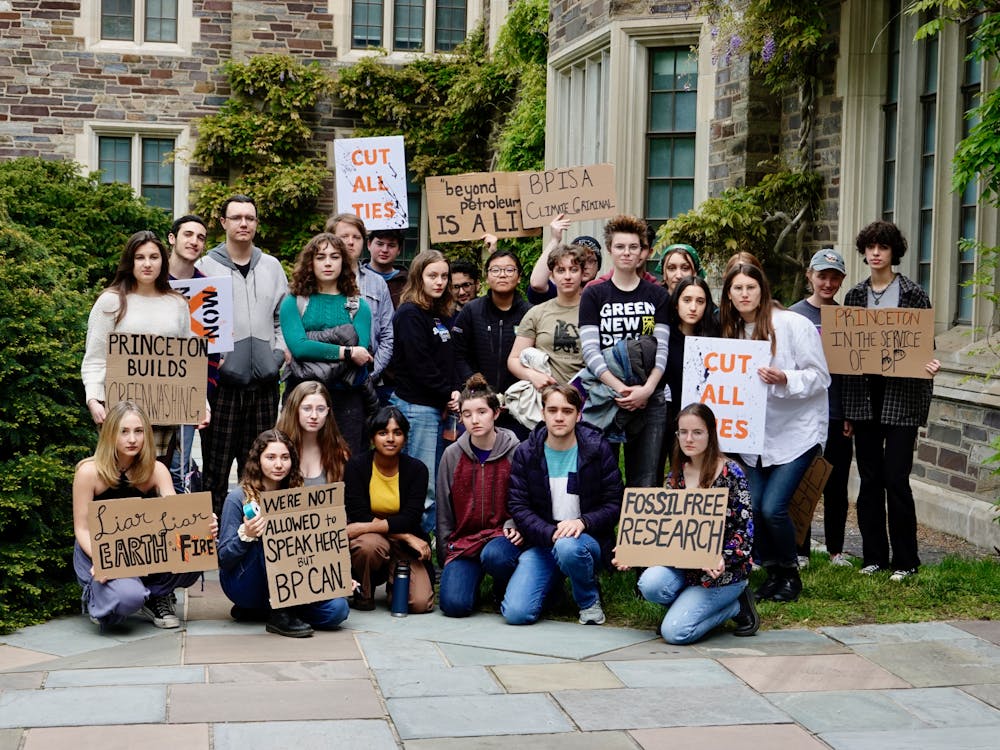Bennett McIntosh penned a column published yesterday titled “Avoid these worthless classes!” in response to a recent blog post by Evan Draim ’16 for The Princeton Tory. In my capacity as publisher of said publication, I will neither wholly defend nor entirely denounce Draim’s piece. As a blog post, Draim’s “The 10 Worst Courses Offered at Princeton in Spring 2014” does not represent the views of The Princeton Tory or the Editorial Team thereof, contrary to what McIntosh’s column implied, by abstaining from naming the author and instead referring to the piece solely as “the Tory post.” The blog post’s retraction was granted at the author’s request and not as the result of editorial censorship or averse public reaction.The Princeton Tory seeks to give voice to a variety of opinions in order to stimulate conversation in the University community; to impute any of these authorial opinions to The Princeton Tory itself, however, would be akin to treating McIntosh’s column as an official statement of The Daily Princetonian’s stance.
Having made these preliminary clarifications, I now turn to the substance of McIntosh’s criticism. The thrust of his criticism is certainly spot on: evaluating education strictly according to the criterion of “usefulness in ‘the real world’ ” is indeed inimical to a proper appreciation of the liberal arts. However, McIntosh’s argument self-destructs. In lambasting Draim’s utilitarian approach as “threaten[ing] both the integrity and the utility of education,” McIntosh incoherently falls back upon the very premise that he purports to be criticizing: namely, that a liberal arts education is valuable primarily for its utility (howsoever construed) in pursuing a career beyond the University i.e. in “the real world.”
A utilitarian, career-centric defense of the liberal arts is always bound to fail. Consider the study of metaphysics, a subdiscipline of philosophy. Such a study has no immediate use in itself — unless, of course, you seek to become a philosophy professor. (Why you would want to become a metaphysics professor if the discipline’s only utility is to train those who subsequently will fill your shoes is an awkward question for a naive utilitarian.) The classic response McIntosh delivers goes something like this: “Ah, but you see, philosophy cultivates critical thinking skills and helps to stretch the mind in creatively connecting ideas; in turn, these capacities prepare students for a variety of careers.” Q.E.D. Not so fast.The problem here is that this argument does nothing to defend the intrinsic value of philosophy (or whichever subject you want to pick on). By this logic, anything that develops the same requisite skills of critical thinking and creativity is equally good. Should a better substitute be discovered, philosophy could be left to wither without loss.
A philosophy concentrator myself, I cringe at the notion, and I would imagine that McIntosh and perhaps you, my reader, might find this troubling as well. Thus, McIntosh’s argument is in need of considerable amends. Allow me to revamp McIntosh’s criticism accordingly. What he should have said is this: study of the liberal arts is intrinsically good and choiceworthy for itself, besides the extrinsic benefits and skills that may accompany it (e.g. getting a job in “the real world”). Education in the liberal arts tradition is an end and not merely a means. It is something of value for itself and not just for utility— however Draim or McIntosh would construe the term.
This fundamental goodness of intellectual life, of study and contemplation for its own sake, is the root of Aristotle’s famous claim that the best and happiest life is that of theoretical contemplation. As he wrote in the “Nicomachean Ethics,” “happiness extends just as far as study extends, and the more someone studies, the happier he is, not coincidentally but insofar as he studies, since study is valuable in itself” (1178b29).We would do well to reflect on that as we enjoy the blessing of a Princeton education throughout the remainder of this semester and, of course, as we go about choosing our classes for the next.
As I promised at the outset, I neither accept nor reject Draim’s stance wholesale. My criticism by now should be apparent. In spite of my principled objection to his mode of course evaluation, like Draim, I do not subscribe to the misguidedly egalitarian notion that any course is as just good as another. That said, plucking out “useless” classes based entirely on course descriptions is not the most helpful exercise in advising fellow students on how best to pursue a traditional liberal arts education.Therefore, on behalf of The Princeton Tory, I invite you to visit theprincetontory.com later this week for an online-exclusive “Best Fall 2014 Courses to Round Out a Liberal Arts Education.”
Signed,
Zach Horton
Publisher of The Princeton Tory
Editor's note: Zach Horton is also a memberof The Daily Princetonian Editorial Board, but is writing this letter in hiscapacity as Publisher of The Princeton Tory.









